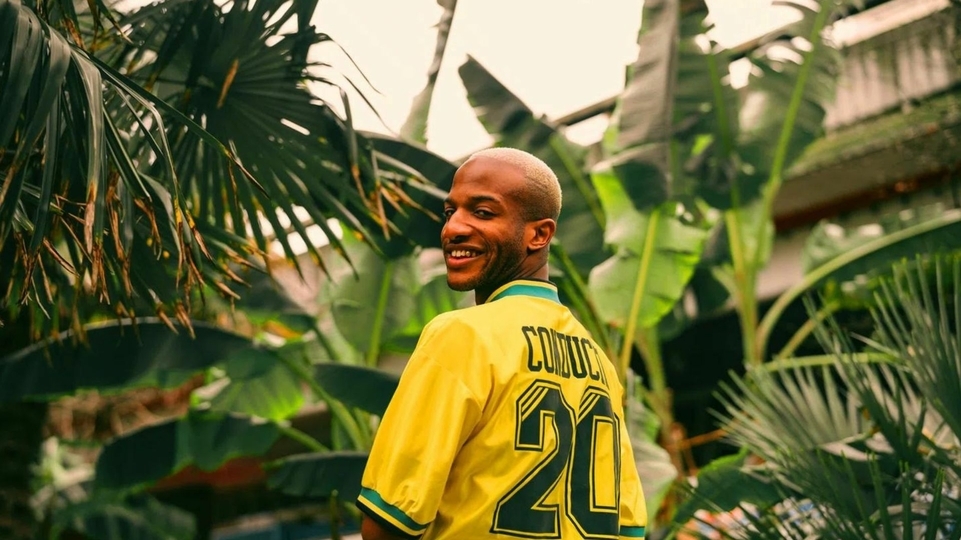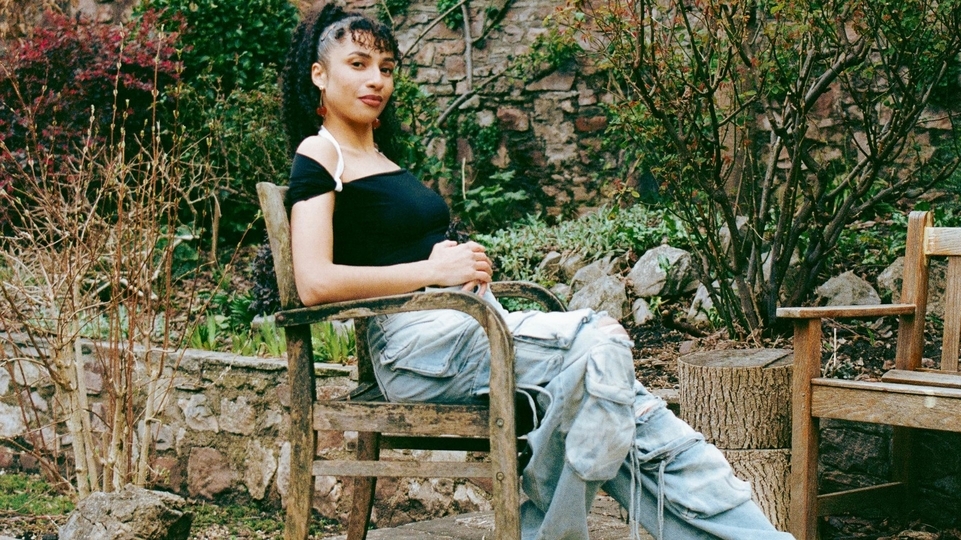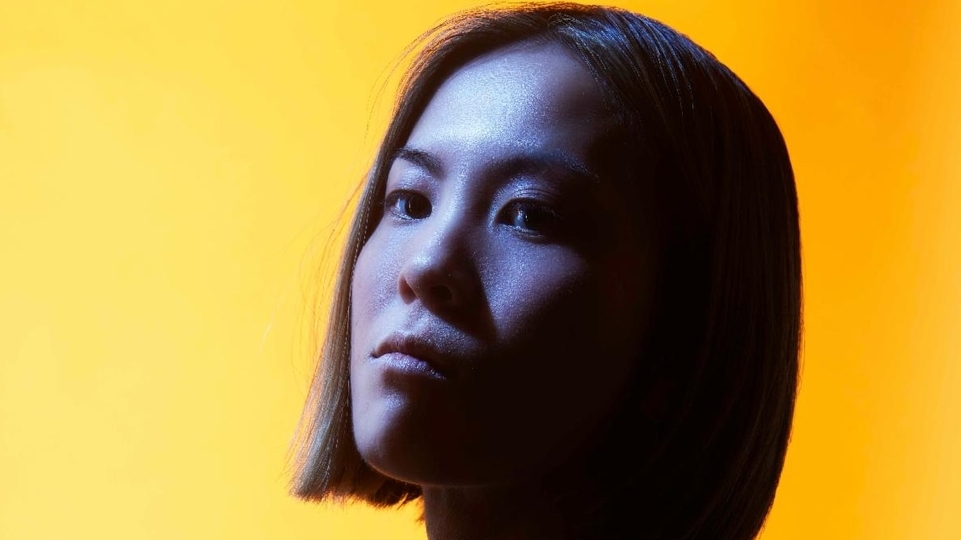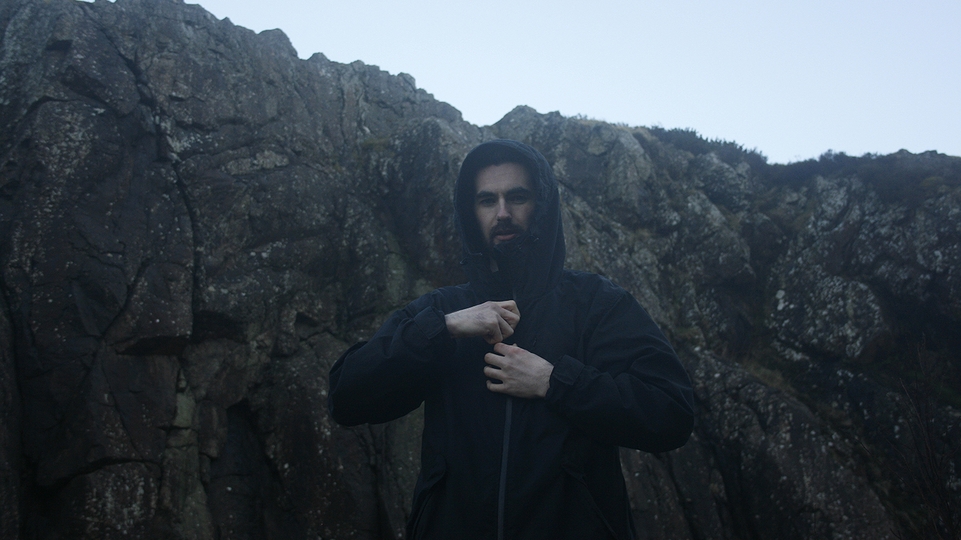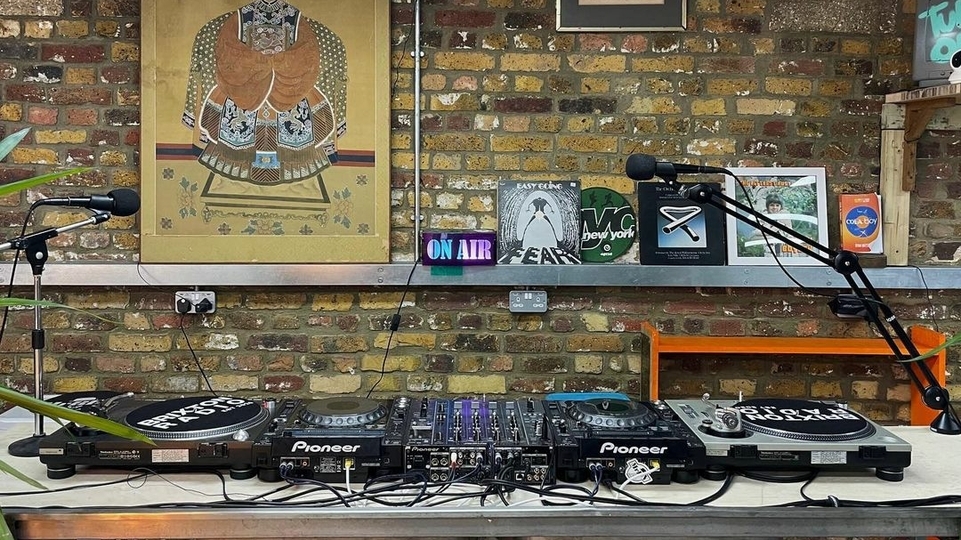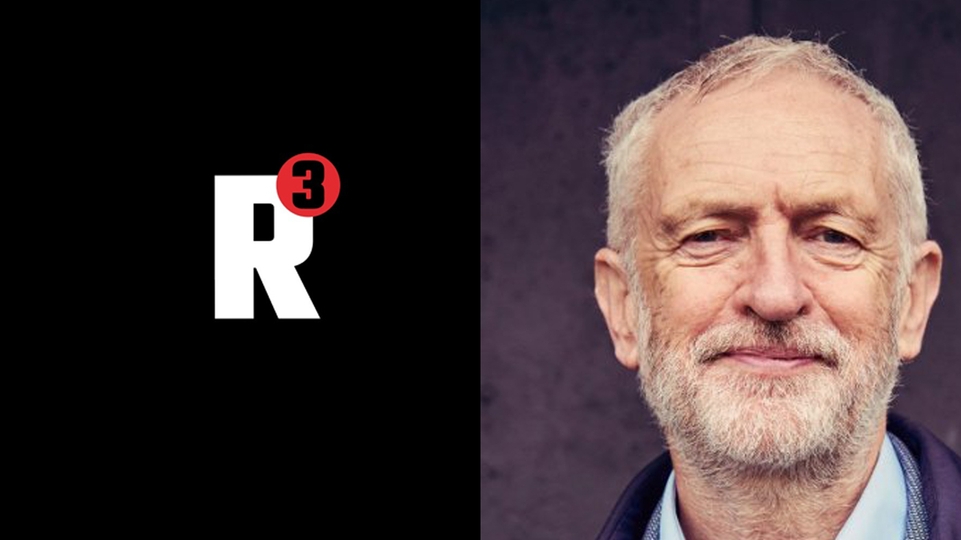
Meet The MC: Shaybo
Meet the MC is DJ Mag's interview series, getting to know emerging MCs on the electronic music scene. This month, Felicity Martin catches up with South London MC Shaybo about spitting in her native Yoruba, finding inspiration and resolve in difficult times, and what its like to be part of UK rap culture
“Shaybo, ya dun know”: the name might be new to casual listeners, but to early followers of UK road rap, Shaybo is no newcomer. There’s a YouTube clip of her aged 13 freestyling that line, staring fiercely into the camera as she rides a dancehall beat. When it was uploaded, the video got 20,000 views overnight — which, nearly a decade ago, was big numbers for an unknown talent.
Born in Nigeria, Shaybo moved to Lewisham, south London, when she was six. “I used to be a tomboy when I was younger in school, so I would be rapping with the boys,” she says, one of which was Novelist. “We’d be doing clashes ‘cos we used to have them Sony Ericsson phones with grime beats [on them].”
At that time, Limewire download folders were bursting with a new, hard-hitting sound from London’s streets: Cashtastic, Tinchy Stryder, Sneakbo, OG Niki, Dee Dee. Giggs’ darkly humorous ‘Talkin the Hardest’ was the unofficial anthem of the roads, with many MCs copycating his monotonous flow.
Most of these prominent voices were male, causing Shaybo to look outside of the UK’s boy’s club to Nicki Minaj’s early mixtapes, with her animated, expressive vocal style. Minaj came to be Shaybo’s biggest inspiration. You can hear that lineage in her flow in 2020. On ‘Anger’, she switches up a stern beat, typical of UK drill, by pulling off playful punchlines and even dipping into the Eric Cantona football chant. ‘Ya Dun Know’ pays homage to Nicki’s exaggerated Cockney accent, by “flying out to Canada in a Canada Goose”.
Shaybo’s MCing style, though, is unique, articulating her alpha female energy by peppering her English bars with insults and slang in Yoruba, the language of her native Nigeria. “There’s a huge Nigerian community in London, so I felt like I wanted to embrace my culture while rapping,” she says.
She almost left music behind in her teens. “When I used to do music, I used to be, in a way, a delinquent,” she says. “I used to get in trouble a lot, into fights a lot, but I just felt like I was misunderstood. I felt like I couldn’t articulate myself. I went into music because it’s a way of expressing how I feel.”
After her parents encouraged her to explore other avenues, she decided to study social work at university. “I wanted to be in my community and be able to help people. It’s very important to have somebody to help you, somebody who relates to what you’ve been through.”
She used that experience to help survivors of the Grenfell Tower fire, setting up programmes to help traumatised children. “When I was young, I experienced certain things. I have bad PTSD. I know how to relate to [the kids], but through training I could articulate myself in a formal way. I did one-to-one sessions and a fitness programme, partnering with a gym. It was a good feeling.”
She was doing that until October last year, when she realised that music was her calling. “I want to go back and visit the kids because I know they’ll be like, ‘Oh my gosh, you’re a rapper!’, because I told them but they didn’t believe me.”
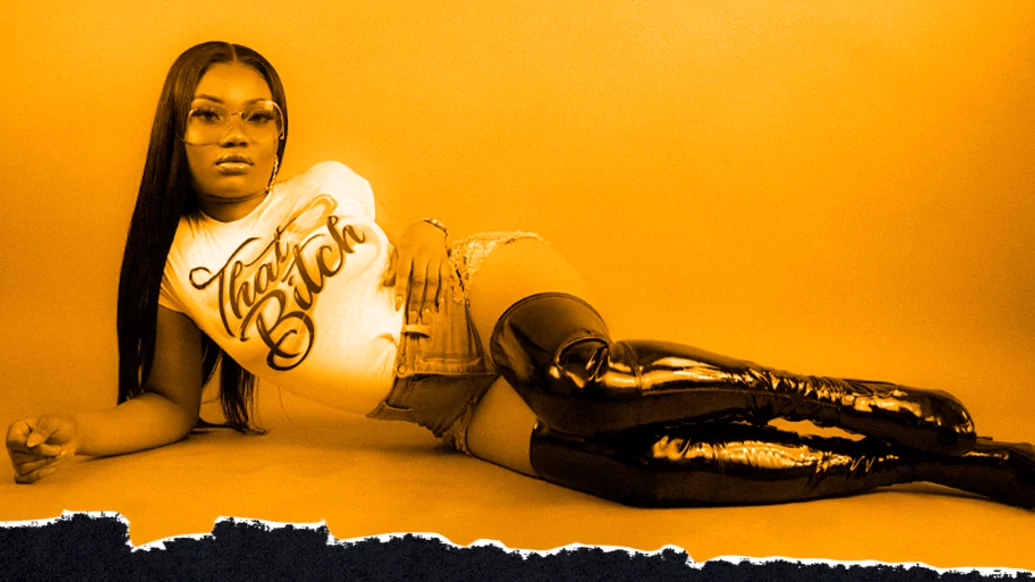

Black Butter, the label that broke UK artists like J Hus and Octavian, also noticed Shaybo’s talent. She inked a deal with them last year. Ever since watching a Netflix show based on an Arturo Pérez-Reverte novel, Queen of the South, where she identified with the main character, she’s called herself that. Her EP of the same name is due to come out later this year; a record that points to varying sides to Shaybo’s artistry. She locked herself in the studio, recorded between 60 and 70 tracks, then picked out “the best ones that just show different things that women can relate to”.
Switching between no-nonsense barring and deeper explorations of real life issues, ‘Queen of the South’ represents a cross-pollination of different strands of UK music — drill, rap, Afrobeats. On it she’s worked with Ghanaian producer Guiltybeatz, who’s worked with Beyonce — “He’s an artist himself, so he understands both sides of the spectrum and we just create really well together” — Kenny Allstar producer’s Nostalgia, and the MOBO-winning Victizzle, who produced ‘Ya Dun Know’.
The thundering horns of ‘Come For Shay’ are an interpolation of Pharoahe Monch’s ‘Simon Says’, while ‘No Worries’ has the kind of candy floss melodies that made the world fall in love with J Hus, as Shaybo delivers an anthem for women enjoying success. She sees this versatility as a strength. “‘Cos I’m a character!” she says. “I’m actually a character, trust me. I just wanted to show that in my music, show everybody that I’m versatile. I can do whatever and I can still be me in doing whatever I'm doing.”
There’s no MC in the UK that sounds like Shaybo, but this doesn’t stop her being compared to other women in the rap orbit. “I do get compared, but I respect each rapper in their own right because I see their individuality,” she says, while acknowledging that “it’s hard for more than one woman to blow at a time [because] I think people only want to allow one woman at a time.”
There might have been a dearth of female voices in UK rap ten years back, but now there are loads. Shaybo namechecks them enthusiastically. “When I see new female rappers — Ivorian Doll, Lavida Loca, Miss Lafamilia, Trillary Banks — I just think it’s very important to support one another.”
“I’m more than happy that females can relate to me now, and they look at me as somebody who’s just raw, [somebody] who just says what they’re thinking”
While the visuals for songs like ‘Anger’ give off a menacing vibe — Shaybo literally wields a flamethrower in one scene — her real-life energy is warm and outgoing. “Even though I don’t seem like it, I’m very quiet,” she says. “I keep myself to myself.” When we meet, she gives us a hug before talking excitedly about her tiny pomeranian, Hennessey, and his penchant for chewing up her bank cards and Balenciagas.
“He’s a bad dog, I’m telling you!” Hennessey has a starring role in her ‘Ya Dun Know’ video, perched on a red velvet cinema seat, while she commands the camera in a way that only someone who’s been doing this for a decade could.
We talk about festivals like Reading and Leeds and Wireless, and Aitch’s pool party in Ibiza. It’s sad to know now that, due to coronavirus, these milestones won’t be reached quite as planned, but the delays haven’t knocked her confidence.
“I feel like I’m finally breaking through,” she says, “but I understand the importance of hard work. I understand this is only the beginning and so I need to just keep at it, keep working. That’s why I’m always going to the studio, going to rehearsals before a show. I don’t treat any show like it’s less than another — I always take those things very seriously.”
Where Shaybo’s baby face was known only in pockets of South London before, now she’s getting props from all over. Lily Allen, Katy B and So Solid Crew have all reached out. Cara Delevigne followed her on Instagram today (“I almost fainted!”), but she’s also backed by rap tastemakers DJ Semtex, Julie Adenuga, Joey Clipstar (whose Hardest Bars freestyle series she appeared on), and has supported the likes of MoStack and JAY1.
Shaybo describes her return to music like “watching a little sister grow up.” Rapping as a 13-year-old, and a self-described tomboy, she didn’t feel like women could identify with her. “I’m more than happy that females can relate to me now, and they look at me as somebody who’s just raw,” she says, “[someone] who just says what they’re thinking. So I’m very happy about that part.” Things are different now, and Shaybo’s having her moment.
